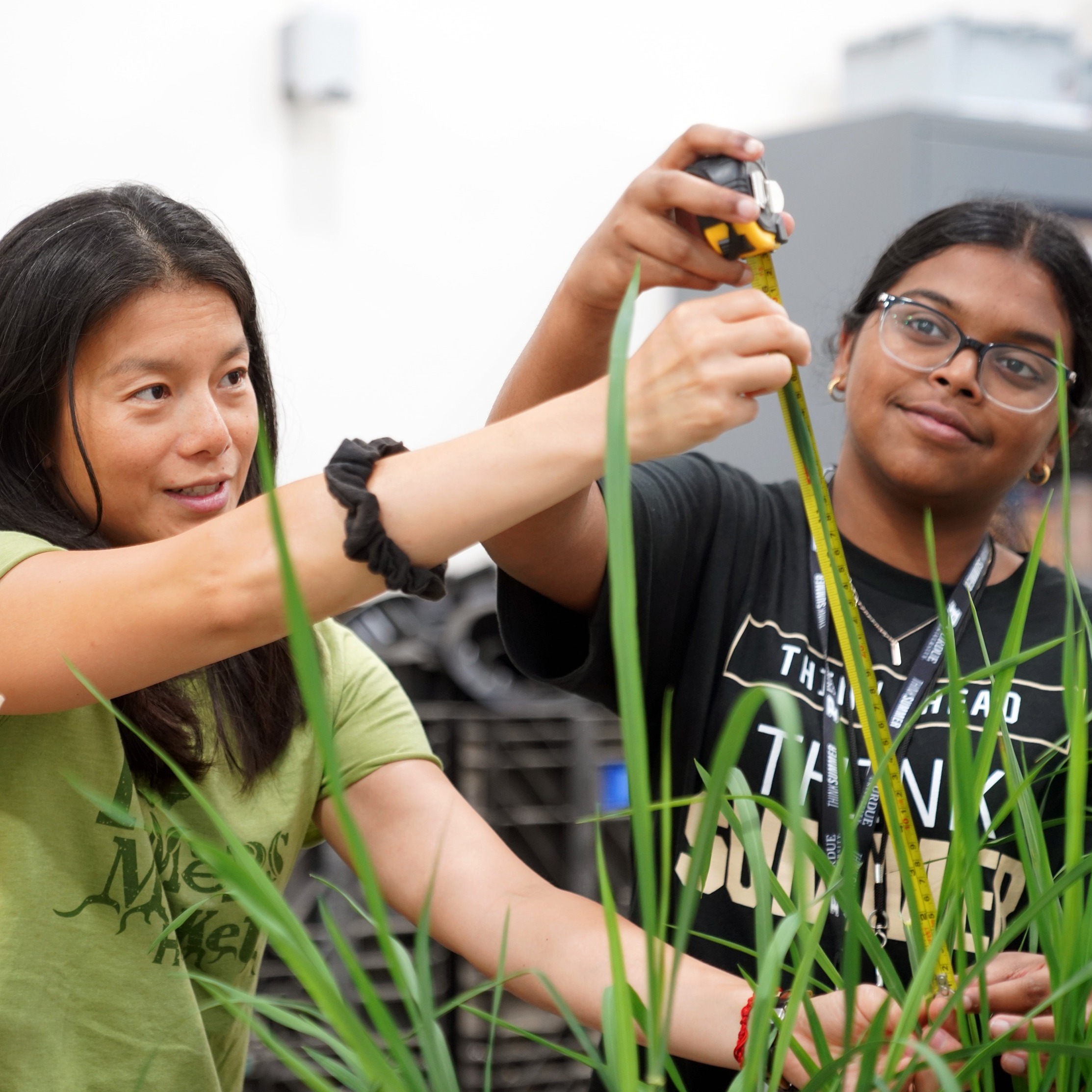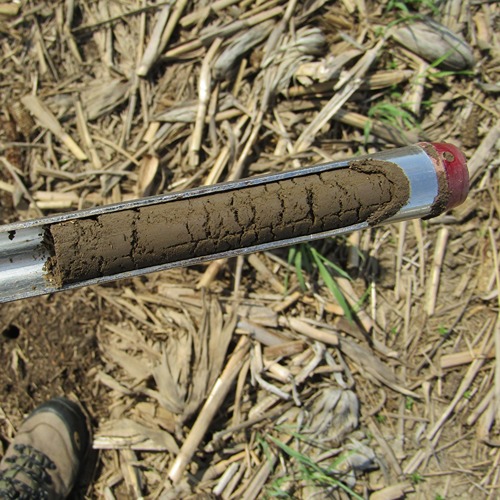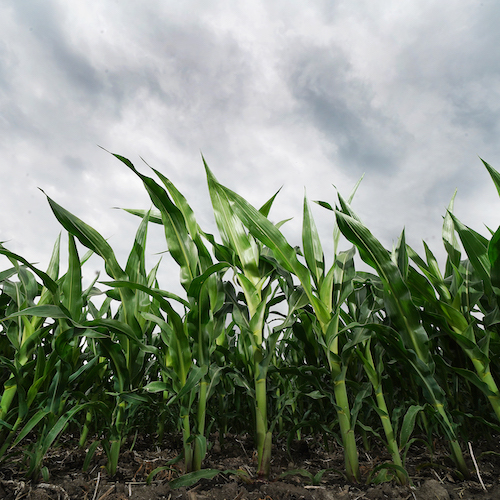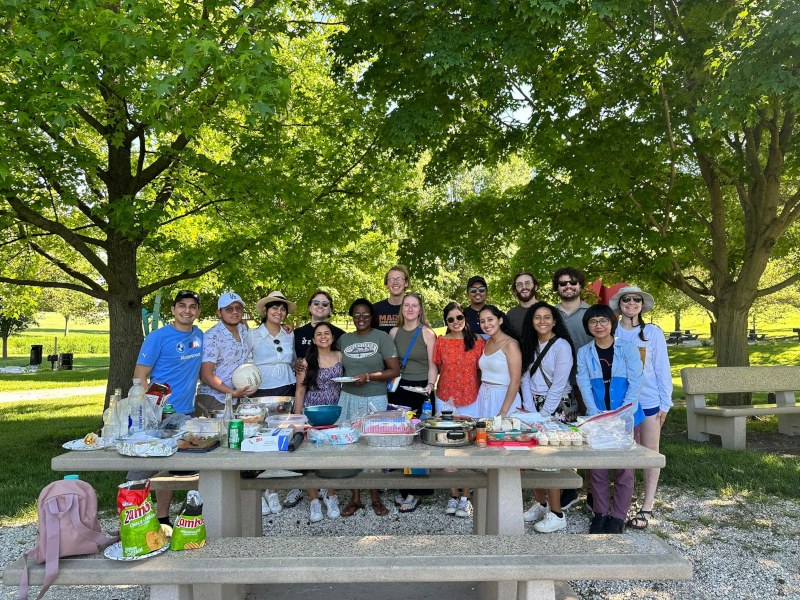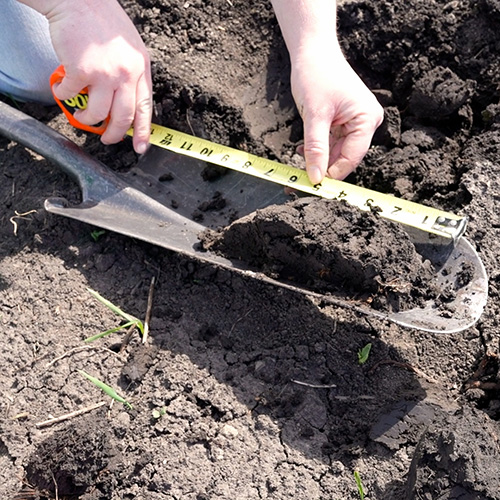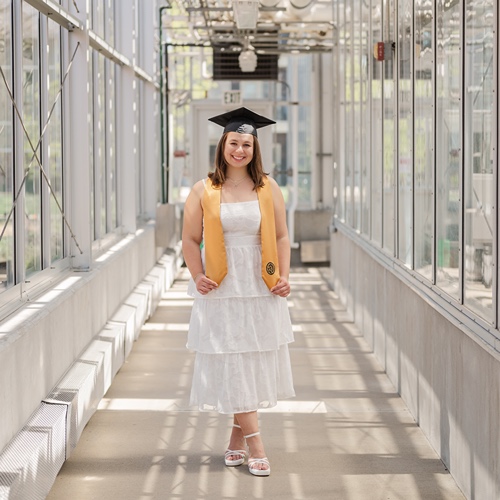WEST LAFAYETTE, Ind. — Purdue University will play a significant role in the Great Lakes Water Innovation Engine (or ReNEW), a new National Science Foundation Regional Innovation Engine that aims to discover, develop and deploy novel technologies to clean the Great Lakes while also attracting water-intensive manufacturers, and new jobs, to the Midwestern region.
Purdue will contribute to the project at every stage, helping define and advance strategies that eliminate toxic so-called “forever chemicals,”while also extracting valuable, reusable minerals from wastewater. Linda Lee, Distinguished Professor of Agronomy and professor of environmental and ecological engineering, is Purdue’s principal investigator and part of the ReNew leadership team. She will co-lead work to develop and commercialize improved selective-separation technologies — the materials and processes for extruding forever chemicals and other contaminants that are harmful to people and the environment.
“This is use-inspired research. We’re partnering with companies on the front end to design affordable solutions that can be marketed and turned into commercial technologies,” Lee said, adding that the plan calls for a fast-tracked implementation that’s closer to three years versus 20 years estimated by some experts. “To do that, we need to innovate ideas with industry and other members and scale up to get them out for use.”
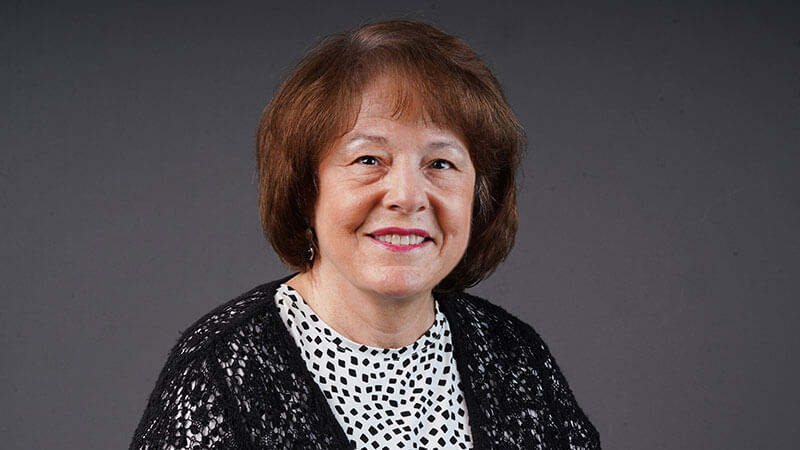
Linda Lee, Distinguished Professor of Agronomy and professor of environmental and ecological engineering (Purdue Agricultural Communications/Tom Campbell)
Purdue’s contribution to ReNEW hits at the heart of the university’s capacity to help solve the most pressing environmental problems through its Institute for a Sustainable Future, of which Lee is a member. The ISF fosters several interdisciplinary research communities, including one focused on water challenges.
“Dr. Lee brings extensive proficiency in contamination mitigation and a thorough understanding of the multidisciplinary expertise Purdue can bring to the challenges of this project,” said ISF director Matt Huber. “She is the right person to help guide and expedite both the development and the implementation of the solutions this project needs.”
In her three-decade career, Lee, who also participates in the ISF’s PFAS Strategic Research Team, has implemented decision tools and management guidelines for remediation of contaminants in diverse industrial and agricultural settings. Her work for the ReNew project will center on mitigating phosphorous contamination and harvesting lithium for industrial use. Phosphorous from agricultural field runoff can cause algae overgrowth that depletes oxygen that fish and other aquatic life need to survive.
The work done by Lee and her counterparts across the engine will fulfill the NSF mission to spur economic growth in the region where the Great Lakes provide drinking water for 30 million people and account for more than 21% of the world’s available fresh water. The ISF also will serve as a resource for workforce development — enabling the collaboration to train the people needed to manage new technologies implemented by the project.
Coordinated by Chicago-based not-for-profit Current Innovation, and involving engineers and scientists at the University of Chicago and Argonne National Laboratories, the six-state Great Lakes ReNEW project is funded at $15 million for two years and up to $160 million over 10 years. The program is one of 10 inaugural NSF Regional Innovation Engines announced Jan. 29.
ReNEW, with 50 partners that include research institutions, industry, investors, government and nonprofit organizations, aims to “turn waste into wealth” through:
- Use-inspired R&D, which will selectively separate valuable minerals, such as lithium, and “forever” chemicals, poly- and perfluoroalkyl substances (PFAS) from wastewater. PFAS never break down in the environment or in our bodies.
- Workforce development, to build up the region’s inclusive “blue economy” by training people for jobs and exposing youth to the industry.
- Translating innovations to practice, by launching and investing in water-tech startups and building a centralized testbed for their products.
The future ReNEW methods would cost less and use less energy than conventional wastewater treatment and would remove disease-causing forever chemicals, such as PFAS, while harvesting valuable minerals, such as lithium, for use in building products such as batteries and fertilizers.
Called “circular water management,” the developing ReNEW approach would mimic the natural water cycle to cleanse water and reduce waste in a continuous loop. It would conserve, reuse and return water to the environment while minimizing pollution and preserving water resources for the long term.
“The whole concept of pulling out limited resources for reuse or chemicals that need to be destroyed requires a significant workforce,” Lee said.
Funding for the engine will initially support dedicated time for Lee to contribute to ReNEW strategies and develop research collaborations with other faculty to address ReNew’s long- and short-term goals. Lee will work with ISF, which is also providing funding, to form faculty teams to address different needs. Two faculty members already involved are David Warsinger, assistant professor of mechanical engineering, and George (Zhi) Zhou, associate professor of civil engineering and environmental and ecological engineering. Lee also plans to recruit a postdoctoral associate to help in the effort.
